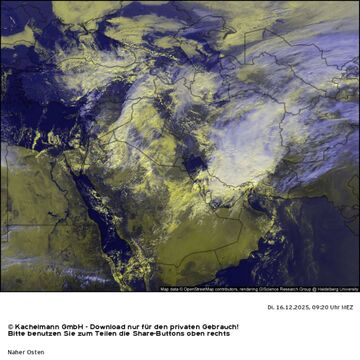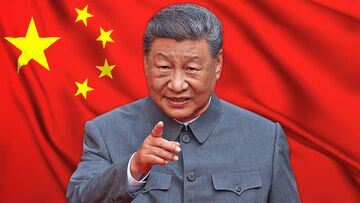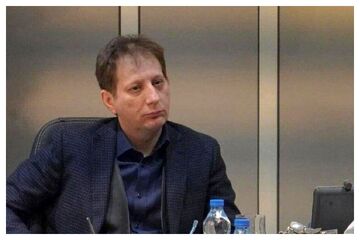TEHRAN(Bazaar) – William O. Beeman, Professor Emeritus of University of Minnesota, says the JCPOA if it is to be renewed, cannot be renewed instantly.
He adds that there is a great deal of negotiating necessary on both the American and Iranian sides to actually implement either reduced uranium enrichment or reduction of sanctions.
Following is the text of the Bazaar interview with Professor William O. Beeman.
Bazaar: Enrique MORA. Deputy Secretary-General European Union said that we needed a spirit of compromise to return to full implementation. Given the various unfavorable trends to undermine the JCPOA, it is necessary to conclude these negotiations sooner. What countries does Mora mean by unfavorable trends to undermine the JCPOA?
Beeman: These trends almost exclusively involve neither the United States nor Iran being willing to compromise on anything. The United States has much more flexibility in dealing with Iran's single demand--that it lifts economic sanctions. Iran has only one bargaining chip and that is the reduction in uranium enrichment. These are the only two factors that matter. There is actually no pressure on either the United States or Iran to yield on any point. The Biden administration is in very deep trouble over several issues: domestic inflation, the crisis with Russia and Ukraine, difficulties with China, the Covid crisis and resistance to any regulation of public behavior regarding it, and the declining popularity of the president. To give in to Iranian demands would only make the Biden administration much worse off. Iran's situation is actually slightly improving. Oil prices are up, and although Iran is prohibited from selling to many markets, it is able to sell some of its oil at improved prices. The Iranian GDP is also slightly improved, so there is no pressure on Iran to concede anything. As long as this stalemate situation continues, there will be no progress.
Bazaar: Before the beginning of the eighth round of talks, Iranian Foreign Minister Hossein Amirabdollahian stated that "in reviewing the latest texts obtained from the Vienna talks, parts of our demands in the field of lifting sanctions have not yet been considered." Given these statements, do you think this is the last round of talks?
Beeman: It may be the case that there will be no more talks unless either Iran or the United States show some willingness to compromise. Thus far there has been no movement, and I see no likelihood of movement in the immediate future.
Bazaar: Mikhail Ulyanov has announced that Iran will take the deadline in early March seriously. We will have a period of one to two months to prepare for the implementation of the agreement. What does he mean by a period of one to two months to prepare for the implementation of the JCPOA?
Beeman: The JCPOA if it is to be renewed, cannot be renewed instantly. There is a great deal of negotiating necessary on both the American and Iranian sides to actually implement either reduced uranium enrichment or reduction of sanctions. In fact, I think two months is actually too short a time frame in which this can happen. If the return to the JCPOA were ratified today, I believe it would take at least six months for the terms on both sides, with review and inspection, to be implemented.
Bazaar: According to the statements of the Iranian officials, it seems that some disputes, including on the issue of enriched uranium and advanced centrifuges, have not been resolved yet. Of course, the two sides have not yet strayed from the agreement, but the agreement is not very close. What is your assessment?
Beeman: No one is going to do anything unless both sides take mutual action. Iran would be foolish to start any action regarding reduced uranium enrichment or reduction of centrifuges unless the United States shows willingness to reduce sanctions--at least the sanctions imposed by Trump after the withdrawal from the JCPOA. Each side needs to implement mutual actions in gradual steps. Nothing will be done all at once.
Bazaar: Al Mayadeen reports that a draft of a 20-page document has been prepared in Vienna that sets out the framework for a comprehensive political agreement. The implementation of this draft will begin with the lifting of sanctions and Iran's permission to benefit from the transfer of its revenues. There is a positive atmosphere for reaching an agreement in the next few days or maybe weeks. What is your assessment?
Beeman: This is a draft document, and it is unclear who prepared it or how it was negotiated. If in fact sanctions begin to be lifted, that would be the United States taking the first step. Frankly, I don't think that will happen. The minute the United States does this there will be a political firestorm in the United States against President Biden. I'm not saying it is impossible, and President Biden might have the courage to have it go forward, but at present the Biden administration is so consumed with more urgent issues, I would be very surprised to see it happen.
















نظر شما